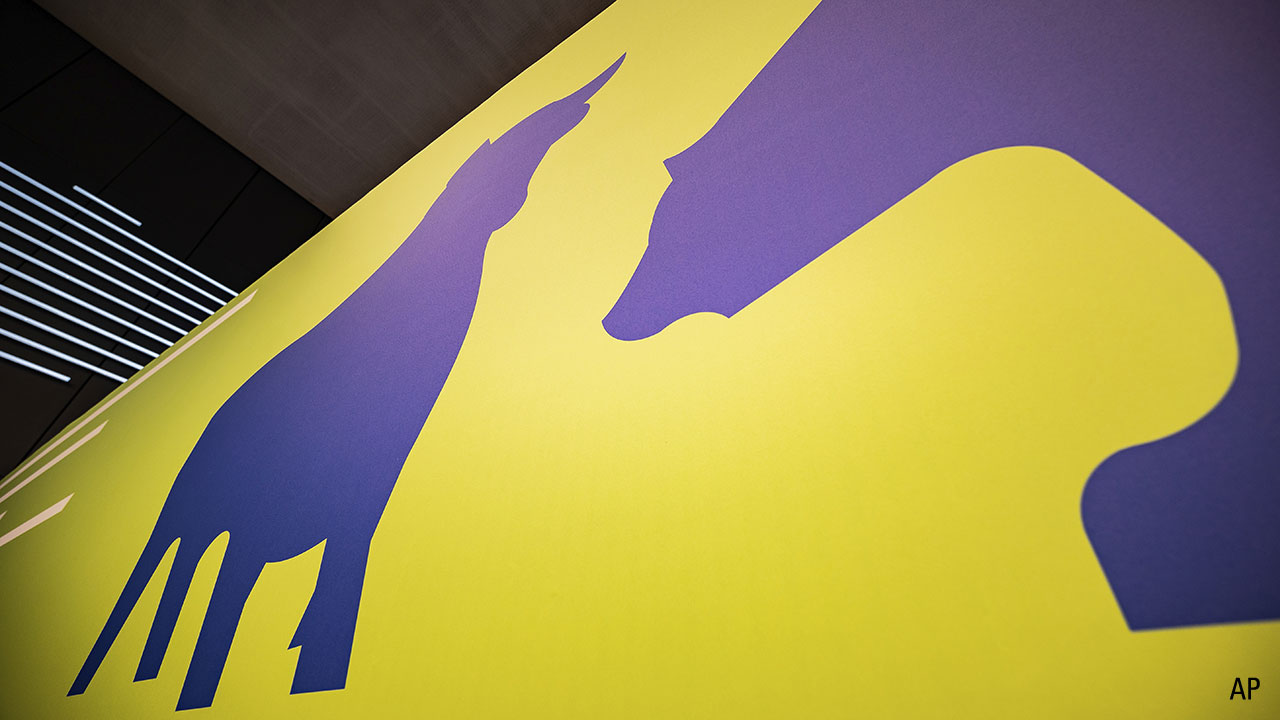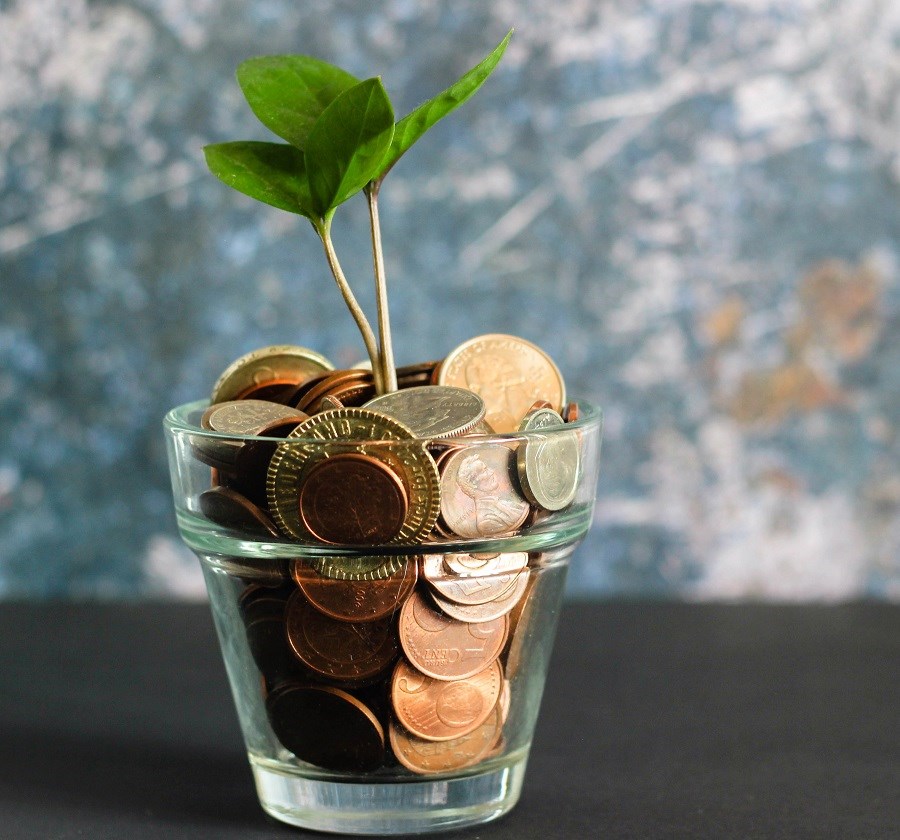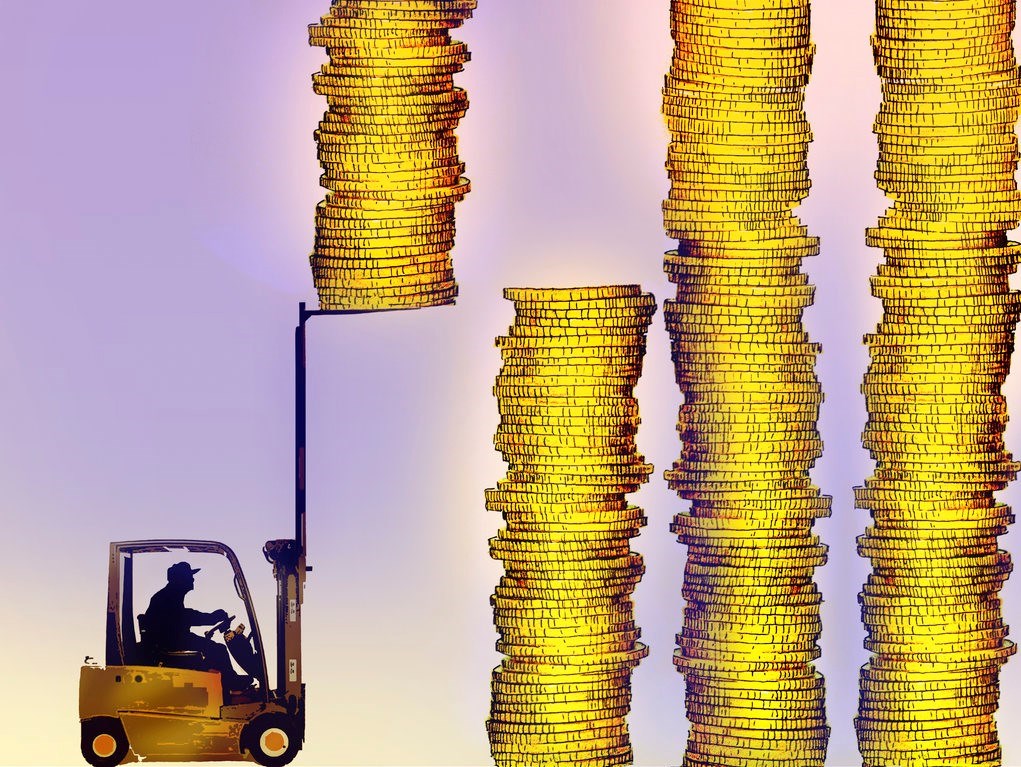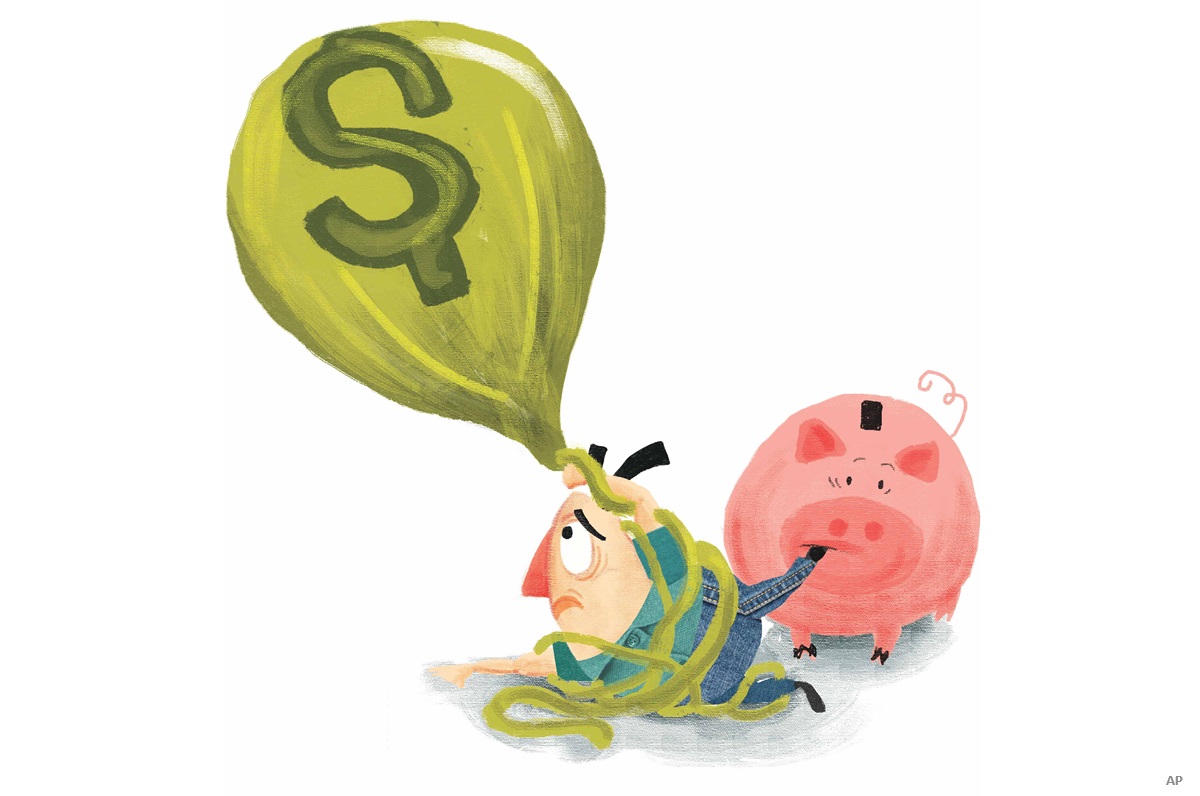
There are specific corporate characteristics to look out for if when running a fund that’s a consistent outperformer. And you should be willing to cast a wide net.
Adhering to an attribute-driven discipline, Toronto-based David Arpin, senior vice president and portfolio manager at Mackenzie Financial Corp.’s Bluewater investment team, has been finding gems of operating performance and value.
On May 31, Mackenzie Global Growth Class F, co-managed by Arpin and Dina DeGeer, senior vice president and portfolio manager on Mackenzie’s Bluewater investment team, boasted top-quartile returns in its category during the important long-term periods of 10, five and three years. For the 10 years ended May 31, the silver-ranked fund showed an average annual gain of 13.04%, beating both its benchmark and Morningstar’s global equity category average.
For the most recent one year period ending May 31, the fund gained a healthy 24.11%
Opportunities Everywhere
Arpin’s investment universe is quite simply the entire world and includes companies of all capitalizations. While this may appear to offer massive choice, he says there are a limited number of conservatively managed, high-quality companies with an established business franchise and limited competition, and that’s where he does his digging.
“We target leading businesses that can increase cash flow at above-average rates and have the ability to grow throughout market cycles,” he says. “It seems like a vast universe until you start looking through it. Once you do the huge amount of work required on the front end to find the companies, you realize there aren’t many and the list doesn’t change much.”
Ideally, he likes to find companies that can grow cash flow at 10% to 15% annually, trading at a reasonable valuation. This kind of discernment leads to a concentrated portfolio that usually ranges around 45 companies.
Three Key Ingredients
Arpin sees three ways to make money in stocks -- growth, valuation improvement, or return of free cash flow to investors through dividends or share buybacks.
“The key metric is cash flow growth over time,” he says. “This can lead to growing dividends, but dividends are not essential.”
If a company is not paying a dividend or increasing it, then it’s important to examine how free cash is being used, he says.
“Cash can also be used for ‘tuck-in’ or ‘bolt-on’ acquisitions that can add value to the business,” he says. “We would be wary of ‘step-out’ acquisitions which take a company into unrelated business areas just to spend cash.”
Full Steam Ahead
He is optimistic about global economic growth this year and expects a continuation of recovery from stagnant growth rates of a year ago. Massive government stimulus programs along with uptake of anti-Covid vaccines are playing a large part in driving momentum.
“Jobs are coming back quickly and a lot of pent-up spending will occur,” Arpin says. “Consumers are in good shape and savings are high. A year ago, we didn’t know if vaccines would happen or how long they would take to roll out. As it’s turning out, the results are incredible, and vaccines are highly effective.”
The U.S. makes up the fund’s largest geographic weighting at 54% of assets. President Joe Biden is continuing with an “America first” mentality, Arpin says. The government plans expenditures of about 1% of GDP annually for the next eight years on infrastructure, amounting to about US$2 trillion.
Arpin’s growth focus has lead to a strong emphasis on technology, industrials, financials and health care, the highest weighted sectors in the fund, but he also watches valuations closely. Mackenzie Global Growth has no exposure to real estate firms and utilities, as they tend to be highly leveraged and poor generators of free cash flow.
“We have a foot in the growth camp and a toe in the value camp,” says Arpin.
Although there have been concerns lately about the return of inflation and a potential rise in interest rates, Arpin expects any rate increases to be moderate.
“There is a lot of debt outstanding, including government debt,” he says. “Even a small increase in interest rates would be felt and would slow things down quickly.”
Green Future
An important big-picture theme in the fund is green energy. Arpin expects superior growth in renewable energy during the next two decades as people move away from fossil fuels and toward such sources as electricity. Electric cars will likely be the norm by the end of this decade, he says.
“Overall, growth in renewable energy will be positive,” he says. “At the front end some subsidization may be required, but over time production gets cheaper.”
The top holding in the fund is France-based Schneider Electric SE (SBGSF), a provider of integrated energy and software solutions that will benefit from both strong infrastructure spending and the rollout of renewable energy. The multinational firm services homes, commercial buildings, data centres, infrastructure and industrial sites in more than 100 countries.
“Schneider should benefit no matter who wins the race in selling electric cars, as all will require more electrical gear,” Arpin says.
Another of the fund’s top 10 holdings is U.S.-based Keysight Technologies Inc. (KEYS), a testing and measurement business related to communications and electronics that was spun out of Hewlett-Packard (HPE) a few years ago. As businesses incorporate technology more broadly into their operations more testing is required, Arpin says.
He also likes power tool manufacturer Hong Kong-based Techtronic Industries Co. Ltd. (TTNDF), which makes residential and professional tools under such brand names as Ryobi, Black & Decker and Milwaukee. Techtronic is benefitting from the move to cordless tools an well as the growing number of people doing handy work at home.
Recent sales in the fund include a few companies that became expensive during the past year as stock market enthusiasm and economic recovery took hold. Arpin trimmed a few defensive holdings such as big-box stores, The Home Depot Inc. (HD) and Costco Wholesale Corp. (COST), as well as food and beverage giant PepsiCo Inc. (PEP).
He has completely sold a stake in Baxter International Inc. (BAX), a health care company providing hospital and surgical care products that benefitted from the rise of Covid.
























